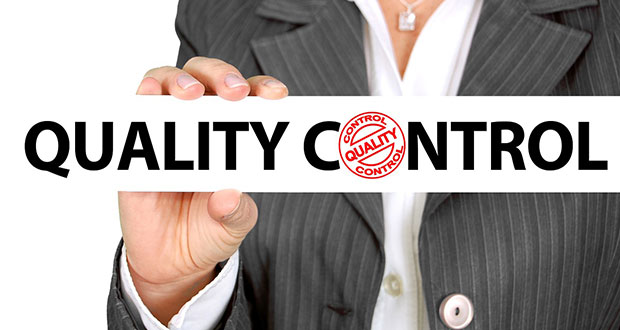
Cardiac Device for Telehealth Receives CE Certification
December 16, 2020
Unlike other remote monitoring devices, CHART is approved for use in Primary Care, from the first contact the patient has with the health system.
Cardio-HART™ or "CHART" is an innovative cardiac diagnostic device that has been CE-approved, just in time to address the legacy of COVID-19-associated cardiac disease and help reduce the overwhelming waiting lists. What makes CHART so remarkable is that it is indicated for use in Primary Care Telehealth, the first point of contact the patient has with the health system.
Patients tend to see their primary care physicians for a variety of reasons and many times these are missed opportunities to address issues related to Cardiovascular Disease (CVD). It is not surprising then that patients spend years without any idea that they are at risk. After fifteen years in the making, Cardio-HART™ arrives on time to assist in the management of CVD, which is a high-risk factor for people with COVID-19.
Cardio-HART™ is now a CE-certified system that combines a medical device to capture the heart's physiological bio-signals and an Artificial Intelligence (AI)-driven cloud-based cardiac diagnostic analysis device, which together ensures high levels of effectiveness in cardiac diagnosis, transforming Primary Care and telehealth into the new frontline of heart care.
The limitations of the electrocardiogram (ECG) and the lack of technological innovation have given rise to one of the most intractable problems in primary care, that is, knowing when to send the patient to cardiology
, says Sandor Khoor, head of cardiology.
| "Too often patients are sent to cardiology too late, usually when symptoms are obvious and by then little can be done for them.
Cardio-HART™ can detect and diagnose 93% of all significant and common heart diseases, by prevalence. Compared to 44% of ECGs, this is a magnitude of difference in effectiveness.
In an FDA-approved clinical study of more than 560 patients, "general practitioners using CHART increased their diagnostic effectiveness by more than 250% compared to their peers using the most advanced state-of-the-art ECG/EKG systems," reported Drazenka Zoraja, Director of Clinical Research at Cardio-Phoenix in Europe.
She also confirmed that diagnostic indecision went from over 40% for general practitioners using ECGs to less than 4% for general practitioners using CHART.
Telemedicine is the future of patient visits to the physician, especially because it helps to maintain the safety guidelines of social distancing
, confirms Ivana Krizanovic, a specialist in regulatory affairs at Cardio-Phoenix in Europe. Cardiac telemedicine will play a key role not only during the second wave, establishing safe testing centers, but also in the future when health systems will restart in an attempt to reduce the endless waiting lists caused by Covid-19, and fulfill its legacy of associated heart disease that prefigures recovery
, emphasizes Krizanovic.
According to Cardio-Phoenix guidelines, health systems must be restored and innovations such as Cardio-HART™ will help meet these needs efficiently and cost-effectively, especially when telemedicine becomes the new frontline of primary care: Cardiac telemedicine will help shoulder the burden on the new lines of cardiac care.
CHART is not only for primary care physicians but also for cardiologists, providing them with relevant information to guide clinical decisions about testing and treatment. This was confirmed in clinical research when the most common communication between the Cardiologist and the primary care physician was "I want to see this patient" or "I don't need to see this patient. With CHART, Cardiologists were much more confident about which patients they should see, and prevented otherwise healthy patients from filling their waiting rooms.
Source:
Industria de tecnología médica
Latin America


Catherine Eisenhart
|